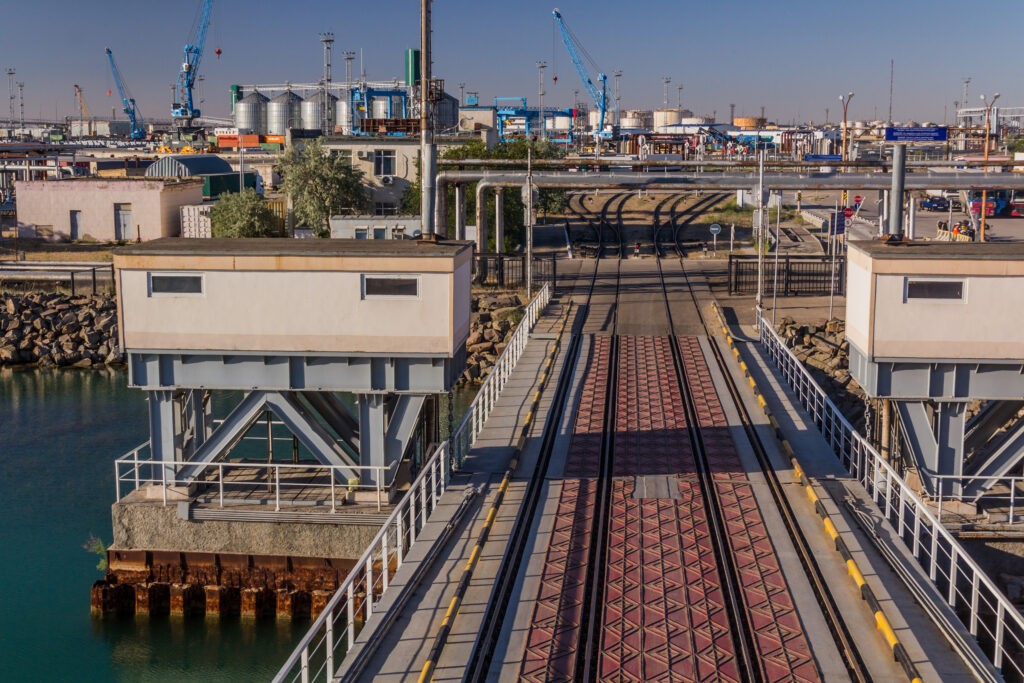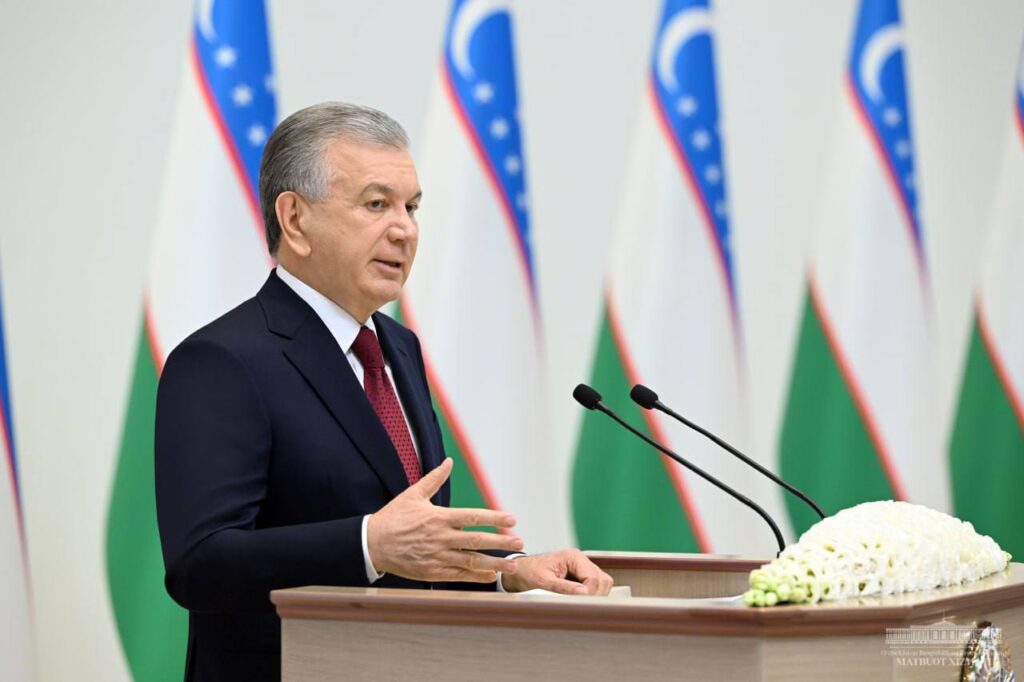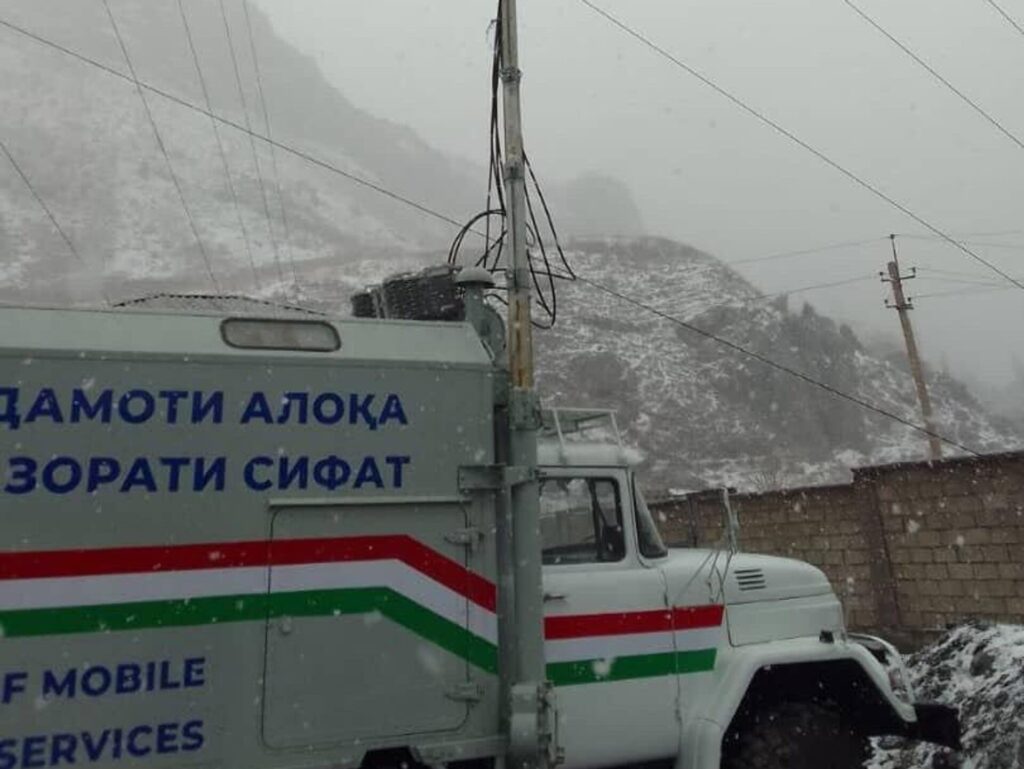Kazakhstan Leads Initiatives for Central Asian Trade and Connectivity
Kazakhstan's strategic location as the gateway from China's western border to Europe makes it a linchpin in the Trans-Caspian International Trade Corridor (TITR). The TITR starts from China, transits the whole width of Kazakhstan, crosses the Caspian Sea to Azerbaijan and Georgia, eventually reaching Europe via Turkey or the Black Sea. Although it is sometimes also called the "Middle Corridor", this latter term more properly refers to the TITR segment running from Kazakhstan to the South Caucasus. Started over six years ago as an autonomous bilateral initiative between Kazakhstan and Azerbaijan to bolster cross-Caspian trade, the Middle Corridor project antedates the TITR. The TITR, as well as the more limited Middle Corridor, have drawn considerable support from international financial institutions (IFIs) like the Asian Development Bank, European Bank for Reconstruction and Development and the World Bank, as well as national development organisations including the U.S. Agency for International Development. The network of the TITR association now counts eleven participating states (Azerbaijan, Belarus, China, Estonia, Georgia, Kazakhstan, Latvia, Lithuania, Poland, Turkey and Ukraine) as well as 25 transport and logistics companies including ports, vessels, railways and terminals. Kazakhstan's role and leadership Kazakhstan, given its geographic centrality in the region, may rightly be considered the keystone of the TITR in Central Asia, just as Azerbaijan is its keystone in the South Caucasus. Under the leadership of President Kassym-Jomart Tokayev, the country has taken significant steps towards realising the potential of this important trade route, cementing its role as a crucial Eurasian transit hub. One example demonstrating Kazakhstan’s key role is the country’s targeting of a substantial increase in cargo traffic along the TITR, with an ambitious goal of 500,000 containers per year by 2030. The roadmap between Azerbaijan and Kazakhstan for the development of the Middle Corridor across the Caspian Sea is one component of Tokayev’s vision. It complements the broader economic objectives that Tokayev has established for his country's progress, but more importantly, his active engagement with IFIs and neighbouring countries underscores his commitment to greater collaborative development and regional integration. Understanding the challenges and the impact for key countries The Middle Corridor saw a 33 per cent surge in container traffic in 2022, but this has fallen significantly in 2023. That is because the dynamic growth revealed limitations such as issues at border crossings, transhipments and co-ordination, all producing lengthy transport delays. To address these challenges, Kazakhstan—along with Azerbaijan and Georgia—has initiated upgrades to the corridor. In November 2022, the three countries signed a roadmap that outlined priority actions and investments for optimising the corridor's efficiency and increasing its capacity. The TITR diversifies trade routes and reduces the dependence of countries in Central Asia and South Caucasus on Russian imports. Opening up new markets in the Middle East and North Africa (and eventually in South and Southeast Asia) will accelerate economic growth by promoting the production of more complex and value-added products. A World Bank study forecasts a 30 per cent increase in trade along the route, with Kazakhstan’s exports...






